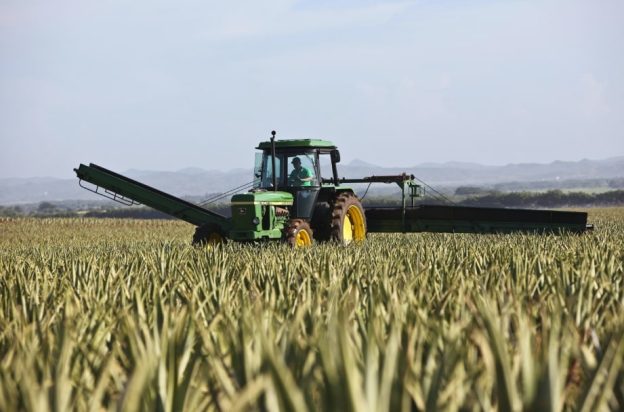Did you know that estimates suggest 50% of the global population are reliant on fertiliser for food supplies? The fact is, without fertilisers, farmers would not be able to produce enough to feed everyone. It is therefore one of the most important resources in terms of food security.
While fertilisers are important, it doesn’t mean it is always smooth sailing for producers. They can have massive challenges, including access to essential resources. Sadly, it can lead to shortages and higher prices. It can hurt the manufacturers, farmers, and consumers.
Trouble for EU manufacturers
The last few years have been especially hard for fertiliser manufacturers in Europe. Many have had a huge hit to their earnings because of higher costs and more cheap products entering the market. Some are in or facing serious financial distress. As a result, they are calling for tough tariffs to address the problem.
The issue here traces back to Russia’s invasion of Ukraine. In response, the EU put a block on sales of pipeline natural gas from Russia. What did they do with the new surplus of gas? Russian manufacturers began increasing their production of fertilisers. There are no sanctions on these products, so they were free do to it.
Such a huge increase in supplies naturally pushes the price down. That puts pressure on EU manufacturers at a time when they are also dealing with higher natural gas prices. Some have even gone as far as claiming Russia is dumping low quality fertiliser on the market.
Action
Earlier this month the European Commission had a proposal to gradually increase tariffs on fertilisers from Russia and Belarus for three years. Currently, the tariff is 6.5%. However, their plan is to charge 13% on top of that for year one. There would be an increase in year two, and final jump to an additional 50% in the third year.
The Commission said introducing the tariff is important to help protect EU food security It would also ensure Europe was not vulnerable to “potential coercive action”.
The idea behind applying rising tariffs over the three years is it gives European farmers time to source alternatives. However, some EU fertiliser manufacturers are critical of the decision. They claim it is “too little, too late”. The president of Fertilizers Europe, Leo Alders, said the tariff should be “a minimum of 30%” with increases every six months.
Some manufacturers are even warning that, if there isn’t a strong response to address Russian fertilisers, they could move their operations. It would have a huge impact on production in the EU, something that would be difficult to recover from.
Do you want to order fertiliser?
At JS Hubbuck Ltd, we know how important fertilisers are and the massive impact if there are issues like shortages and high prices. Our goal is to ensure clients in England and Scotland can rely on us to offer supplies when they need them. We’ve been doing it for decades. Plus, we can provide fantastic product knowledge too.
So, if you want fertiliser or need any advice, speak to us.

